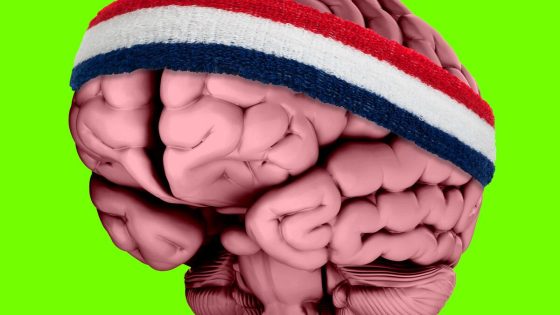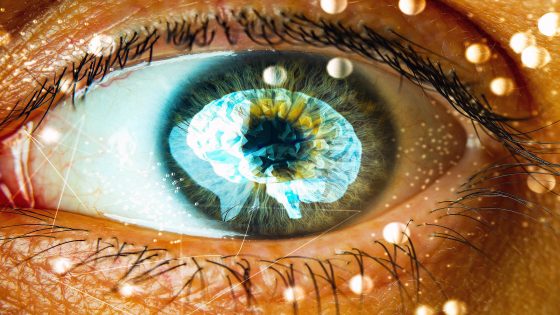Recent studies highlight the impact of caffeine on sleep quality, revealing that this common stimulant can disrupt your brain even while you’re asleep. As reported on 2025-05-31 23:47:00, researchers found that caffeine consumption before bedtime can keep your brain in a heightened state of alertness, affecting its recovery processes.
- Caffeine disrupts brain recovery during sleep.
- Study involved 40 healthy adult participants.
- EEG scans revealed heightened brain alertness.
- Younger adults more affected by caffeine.
- Caffeine reduces slow waves in deep sleep.
- Further research needed on cognitive health impacts.
In a study involving 40 healthy adults, scientists discovered that caffeine not only makes it harder to fall asleep but also alters brain activity during sleep. This could have significant implications for cognitive health, particularly for younger individuals.
Why does caffeine have such a lasting effect? It’s crucial to understand that even hours after consumption, caffeine can prevent the brain from fully relaxing. This can lead to reduced restorative sleep, which is vital for memory and cognitive recovery.
- Avoid caffeine at least 6 hours before bedtime.
- Monitor your daily caffeine intake to stay below 400 milligrams.
- Consider alternatives like herbal tea in the evening.
- Pay attention to how caffeine affects your sleep patterns.
As we learn more about caffeine’s impact on our sleep, it’s essential to evaluate our habits. Making informed choices about caffeine consumption can lead to better sleep quality and overall health.

































